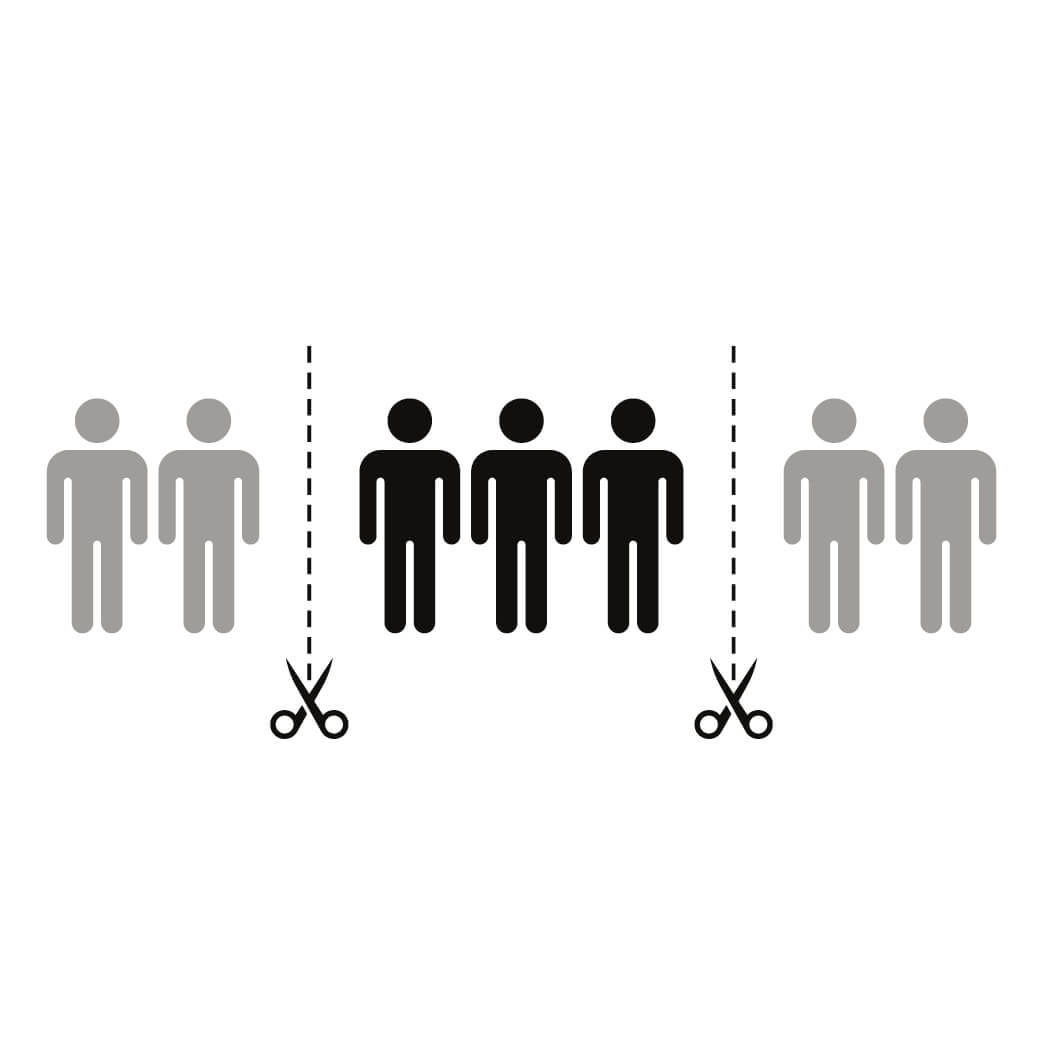
Recently I was visiting a non-profit client's new facility. It was beautiful. As I walked through the lobby I saw a common sight: a “wall” of glass tiles with donor names etched onto them. Impressive. As I continued to walk I saw a second "wall" - this one was covered with completely blank un-etched tiles awaiting sponsor names. I am sure that the client saw this as a wall of opportunity; an invitation to potential donors to put their name on the wall. To me it was something different. It represented a Wall of “No's” - all the people who had no doubt been asked to give money but had declined to do so. Made me wonder if those people knew something I didn't...
I have no doubt that you have seen this effect when you walk into a restaurant and see that they have several "Best Of" awards but the most recent was from, say, 3 years ago. What does that mean? They forgot to put up the most recent accolades? They now suck? Well we don't necessarily know, but as I often remind clients: "if you fail to put out a message, one will be put out for you" - perhaps by your competitors. (Their message might not be as friendly as yours.) So for those of you who have "specials" pages that are blank, "news" pages that never get updated, or a donor wall/path with 10 bricks, or a brand that has not been audited for a while (or at all…): it's not that you are not saying something; it's that you absolutely are saying something – it's just not good.

When humans face true cataclysm, we pull together. When it’s about money and power, not so much.

When people see public health messages directed at them, they are very aware that others can see them also and it can trigger concern of how other people in the community now think about them.
People seek to have power over their own lives. Teens, adults, older adults – everyone. What happens when they feel powerless? What happens when you or your communications make them feel they have less power?
The way we talk to others demand that they accept an identity for themselves, and sets up a particular relational dynamic. If we're not careful, that identity can be stigmatizing or turn away the very people we're trying to help.
Get the latest posts and updates delivered to your inbox.